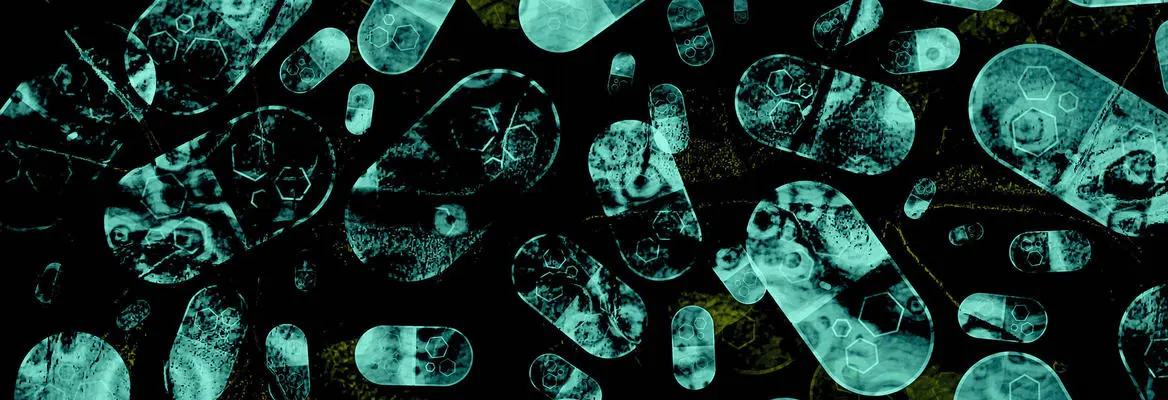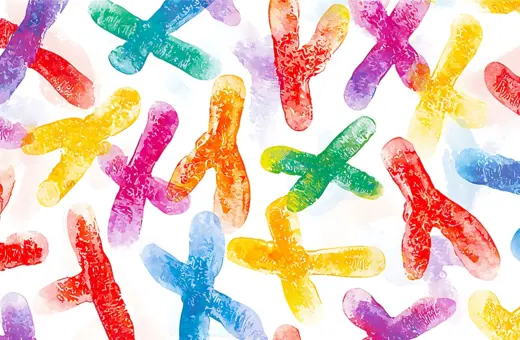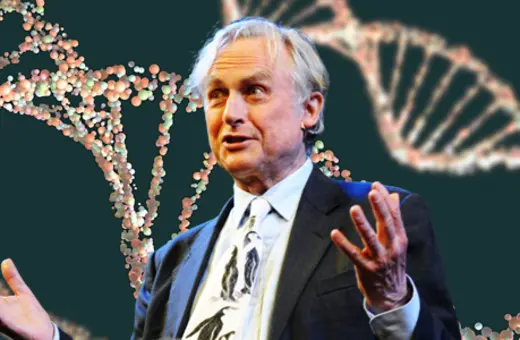The distinction between natural and unnatural seems, on the face of it, simple enough. So, too, do we readily accept value judgments that hold the natural superior to the artificial. But the conditions for naturalness quickly become murky. When it comes to the ethical and ontological implications, this boundary is yet more uncertain, writes Alex McKeown.
At first sight it seems to be an obvious question with an obvious answer: What is natural? Well, it’s anything that occurs naturally. But this answer is question-begging, as it presupposes we know what it means to be ‘naturally’ occurring, as opposed to occurring through some other, non-natural means.
So perhaps we could say it means anything non-artificial. This answer, though, invites the further question of what it is for something to be ‘artificial’. A similarly straightforward answer to the question of what is artificial might be ‘something that we humans make, rather than something that could be found if we weren’t here’. But despite its apparent plausibility, this also fails to cast the distinction clearly. We’re going to think about the nature of the distinction in some detail here in relation to a hypothetical category of entities which straddle this ambiguous boundary – conscious Synthetic Biological Organisms (SBOs).
Whether conscious or not, SBOs challenge the nominal ontological distinction outlined.
We’ll see that the uncertainty of the boundary has ontological and ethical implications which it’s interesting to consider given the current trajectory of scientific research and development, albeit that conscious organisms of this kind are only a theoretical possibility.
As a rule of thumb, the way we tend to distinguish between things we deem natural and things we deem artificial or synthetic tracks the categorisation of things humans make, i.e. artefacts, as distinct from features of the world that would be there anyway even if we weren’t, i.e. products ‘of nature’. SBOs, as the name suggests, are living biological entities that have not been born, but engineered into being. Whether conscious or not, SBOs challenge the nominal ontological distinction outlined.
One way to demonstrate this is to think about ‘natural’ creatures that humans have made, excluding other humans which come into existence via reproduction. Many beings exist that are ‘unnatural’ in the sense that humans have made them and they would not exist were it not for us. For example, certain vegetables that we eat have been engineered by cross-breeding and would not exist otherwise. Similarly, certain breeds of dogs only exist because humans have deliberately cross-bred to create them. It could be objected that these are not analogous to SBOs, however. After all, we can still recognise these as dogs or as vegetables, which are ‘natural’ in the conventional sense, so the novelty of new breeds doesn’t jar with our conception of dogs or vegetables as natural entities. On this reading, even if new breeds are not strictly ‘naturally occurring’, neither are they necessarily ‘artificial’, ‘unnatural’, or ‘synthetic’. Nevertheless, this ontological ambiguity raises an ethical challenge in the case of SBOs, to which we turn next. This challenge concerns whether or not we should value things because they are natural.



















Join the conversation